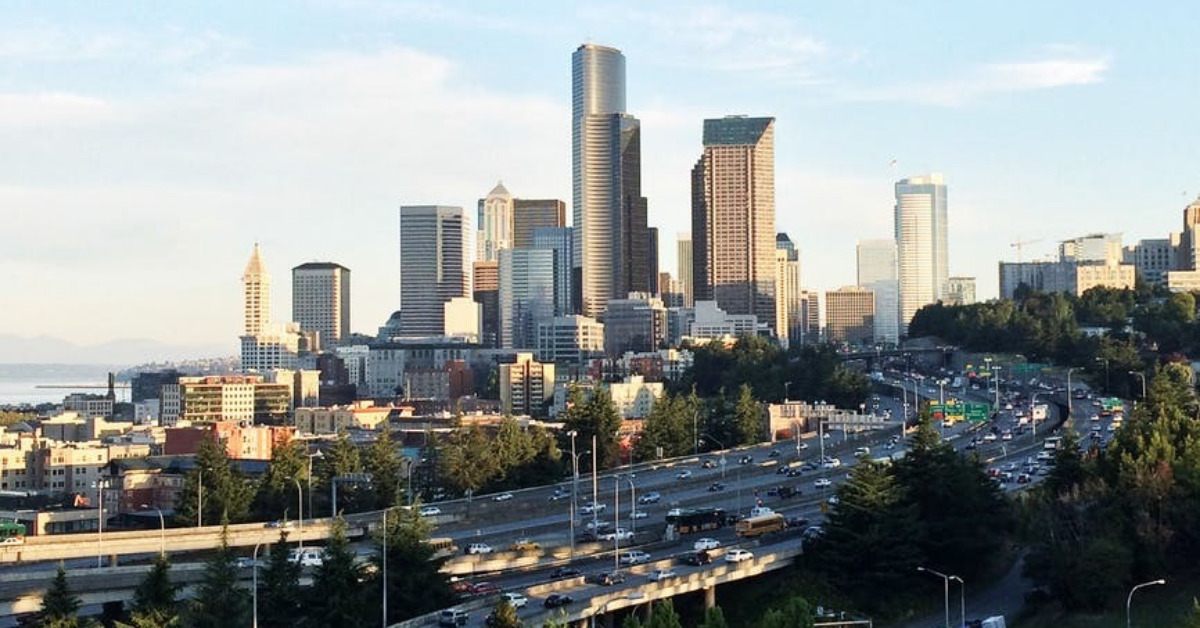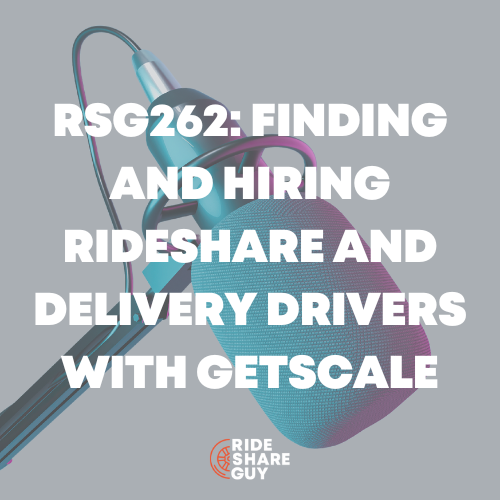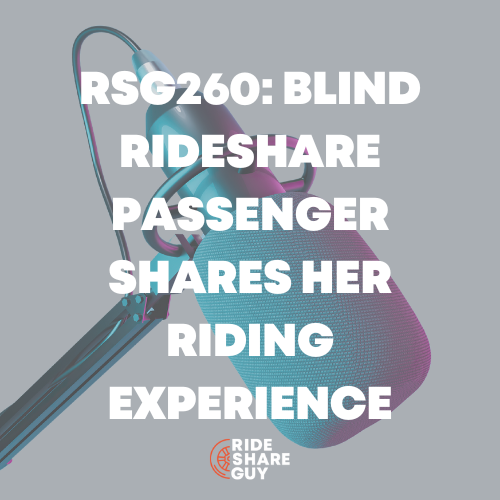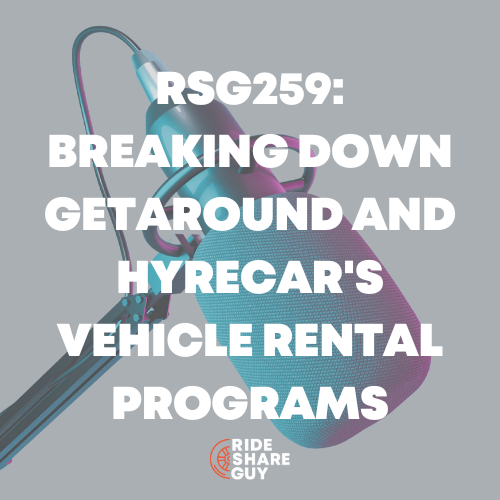At the end of 2019, Uber rolled out new features for drivers in California in response to AB5. One of those new features allows drivers to see where their passengers are going and was received positively by drivers. However, today we’re talking about the downside of knowing a passenger’s destination and whether or not this could lead to destination discrimination.
If you’d like to read a transcript of this podcast, please click here.

Intro
- Today I’ll be chatting with David Zipper, a writer for CityLab on urban mobility and technology
- Also a Visiting Fellow at the Harvard Kennedy School’s Taubman Center for State and Local Government
- We’ll be talking about destination discrimination, what it is, the impact of it and more
Intro to David Zipper
- David Zipper’s perspective on cities and urban mobility is rooted in his experience in city hall, venture capitalism, policy research and more
- He advises numerous startups, mayors and transit agencies
- His writing has been published in The Atlantic, Slate, Newsweek and more
- He focuses on the relationship between transit and ride hail services
Uber’s Changes in California
- Before Uber’s recent changes to passenger destination information, drivers never knew where their passengers were going until the minute they picked passengers up
- Pain point for drivers
- When Uber got started, it was a big deal that there wouldn’t be discrimination based on destination (which can be tied to race, too)
- This change could potentially be huge
Destination Discrimination
- What is to say drivers won’t refuse trips based on where the destination is?
- The potential for this change is that drivers could decline trips that take them to a less desirable location
- This isn’t a hypothetical – we have seen Uber direct drivers to certain wealthier areas (demand)
- Impacts the mobility network (from a policy standpoint)
How to Encourage Equity in Rideshare
- Balance between ‘carrot and stick’ approach
- Could be an opportunity for state to regulate these approaches
- Uber is encouraging drivers to be more like independent contractors – does this make this discussion more difficult?
Balancing Regulation with Independent Contractor Status
- Uber seems to be pursuing an independent contractor status for their drivers
- Is Uber just a marketplace connecting drivers and riders?
- Regulators in California are probably looking at these announcements carefully and may need to dig for more information
Outro
- Thanks to David for coming on this episode and sharing his thoughts with me on destination discrimination.
- It’s a tricky issue and I’m curious to see how regulators will work with ridesharing companies, particularly in California and other states pursuing legislation similar to AB5, in the future.
Show Notes
- Did Uber Just Enable Discrimination by Destination?
- Uber Community Guidelines
- To California drivers: keeping you in the driver’s seat (Uber Blog)
- Uber Finally Lets Drivers See Where Passengers Are Going!
- Are Rideshare Drivers Actually Racist?
- California Agency Is Hiding Uber and Lyft Accident Reports (San Francisco Public Press)
- @DavidZipper on Twitter
- DavidZipper.com
-Harry @ RSG





